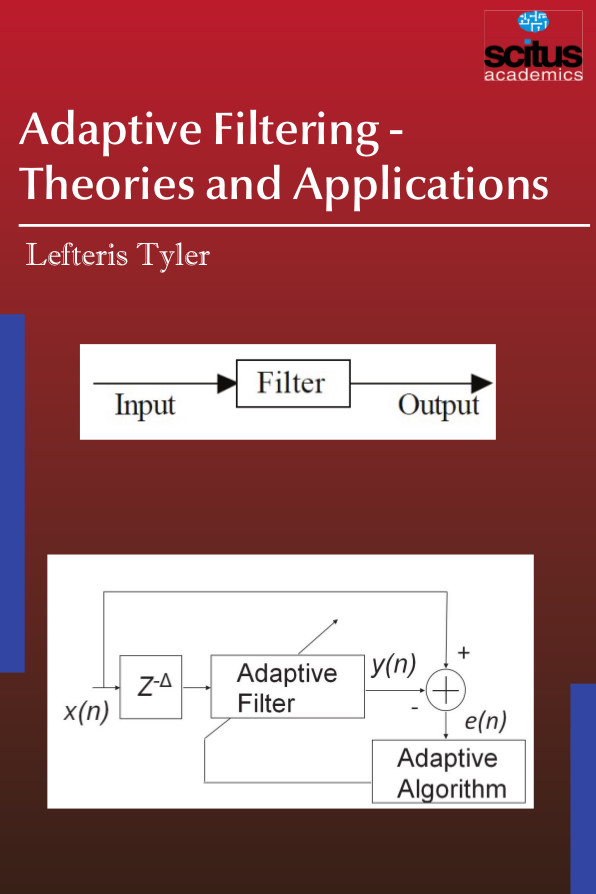An adaptive filter is a computational device that iteratively models the relationship between the input and output signals of the filter. An adaptive filter self-adjusts the filter coefficients according to an adaptive algorithm. Over the past three decades, digital signal processors have made great advances in increasing speed and complexity, and reducing power consumption. As a result, real-time adaptive filtering algorithms are quickly becoming practical and essential for the future of communications, both wired and wireless. An adaptive filter designs itself based on the characteristics of the input signal to the filter and a signal that represents the desired behaviour of the filter on its input. Because of the complexity of the optimization algorithms, almost all adaptive filters are digital filters. Adaptive filters are required for some applications because some parameters of the desired processing operation are not known in advance or are changing. The closed loop adaptive filter uses feedback in the form of an error signal to refine its transfer function. Adaptive filtering can be used to characterize unknown systems in time-variant environments. Commonly, the closed loop adaptive process involves the use of a cost function, which is a criterion for optimum performance of the filter, to feed an algorithm, which determines how to modify filter transfer function to minimize the cost on the next iteration. The most common cost function is the mean square of the error signal. This book, Adaptive Filtering – Theories and Applications, offers some theoretical approaches and practical applications in diverse areas that support increasing of adaptive systems. The book reflect the latest advances in this field; particularly an increased coverage given to the practical applications of the theory to illustrate the much broader range of adaptive filters applications developed in recent years.













